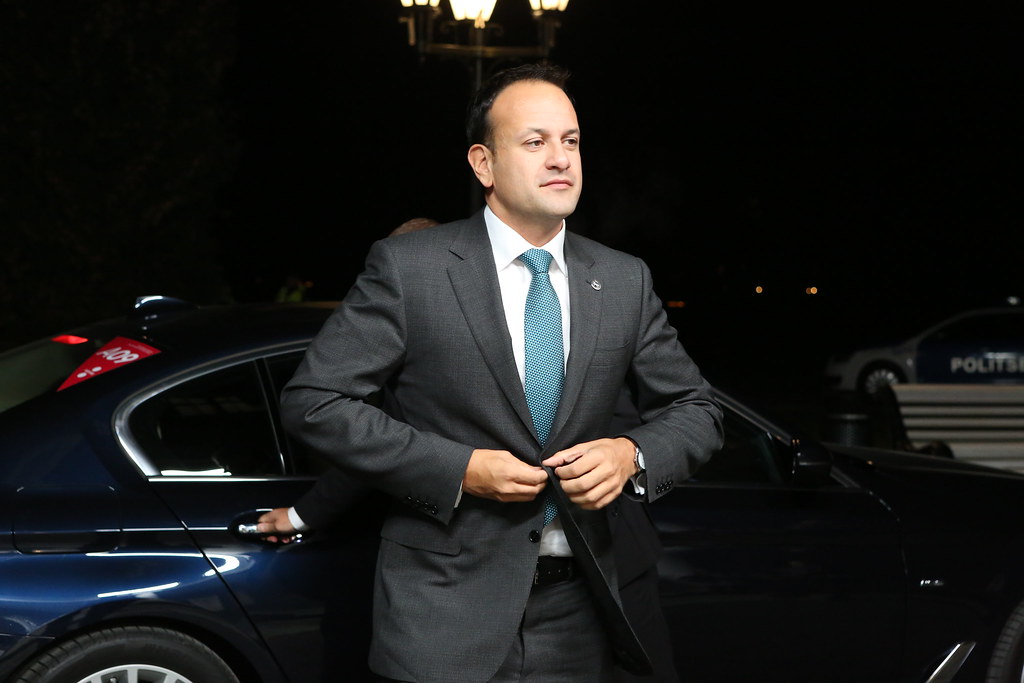With the rise of attention grabbing headlines and relentless media scrutiny, the delicate balance between public accountability and personal privacy in politics is a line that has become increasingly blurred. The rise of social media has allowed for aspects of politicians’ private lives to become privy to public discourse. I am sure we all remember the infamous video that circulated of a certain Taoiseach in the George.
While in previous decades such happenings would not have been captured by the media, let alone published, given the accessibility of technology today, anyone with a camera is capable of publishing whatever media they see fit. In a world where a small cohort of professional journalists no longer hold the key to what gets published, the question arises: should politicians be entitled to a private life despite their public roles?
Unfortunately, it seems as if the commonly accepted and unquestioned answer to this is “no”. As it stands, the reality that comes with being a public figure, is the diminishment of access to private space and time. While this is purported as “just the way that things are”, it is wrong, and as individuals who consume media we must do better.
It must be noted that there are, of course, exceptions to the rule. In particular if there is a crass deviation in private actions and public stances, voters are on some level entitled to know — especially when a political image has been built upon such public stances. It also goes without saying that this right to privacy need not apply when it comes to matters of corruption or gross misconduct (I am looking at a certain president across the pond…) These instances aside, the fundamental right of a person’s privacy should be respected, and politicians’ lives are no exception.
When the private lives of politicians are viewed as fair game for public consumption, it harms the quality of journalistic media. This is down to the simple fact that salacious gossip sells better than heavy and confusing political jargon. When personal lives are up for debate and scrutiny, both political opponents and journalists alike focus time and energy on disparaging politicians in lieu of focusing the discussion on public policy. This does nothing to improve voters’ ability to distinguish politicians on the basis of their public policy, but instead misdirects public sentiment toward happenings in politicians personal lives, irrelevant to the policies they support or reject.
Even this aside, as the saying goes “no man (or woman…) is an island” — politicians are no exception. While an individual politician may consent to being in the public eye, their loved ones and family members have made no such agreement. Even if one were to argue that the public nature of political responsibility negates the right to personal privacy, the very fact that non-consenting family members are inseparable from the private lives of politicians makes the privacy of politicians worth protecting.
Placing politicians’ private lives at the forefront of our headlines only serves to turn off potential candidates from running for election. While our representatives may expect that they will be held to account on matters of policy and political practice, there are very few people who would be willing to sacrifice the idea of having a personal life for the pursuit of a career. This invasion of privacy only leads to fewer people who are willing to enter politics. Unfortunately this ultimately means that the most capable candidates may not present themselves.
The lack of privacy that seems to be accepted in the political space simply creates an environment that attracts not the most qualified for the job, but the most capable of tolerating media attention, or worse; those with a strong ability to deceit the public and misrepresent themselves at the expense of other candidates.
“There is a stark difference in the levels of personal abuse faced by female politicians”
This very issue also disproportionately affects the potential pool of female candidates. When an assumed right to the ins and outs of politicians’ private lives is accepted, an environment which creates a space for abuse is born. Although it is undeniable that male politicians are indeed subject to invasive reporting on their private lives, there is a stark difference in the levels of personal abuse faced by female politicians, with the Irish Independent reporting that women councillors received eight times more online abuse than their male counterparts. When people have access to a politician’s personal life, it creates a sense of entitlement to critique them on a personal level.
Such criticisms should be kept solely for job performance. With Holly Cairns reporting a man repeatedly showing up at her private home, and Neasa Hourigan detailing non-consensual photographs being published of her home and children on Facebook, it is no wonder that Ireland struggles to get more women into politics. With only 23% of our TDs being women (the seventh lowest in the EU), we as a nation have an obligation to make the political space one that is not only accessible for women to enter, but that it is a space that women feel safe to stay in.
We don’t need salacious headlines and widespread gossip to know that politicians are, at the end of the day, normal people with normal lives. Normal lives come with different ups and downs and if we cannot draw a line and distinguish between what should remain private to the person, and what is relevant to the job, we will reach a point where any and all hopeful candidates are driven out of the political space. Rather than the rumours of illicit affairs and private mishaps, the real scandal lies in the erosion of the right to a private life, discouraging capable people from entering the political world. It is time we shift the narrative and focus on candidates’ policies and propositions and not on their ability to withstand a life void of personal privacy.






